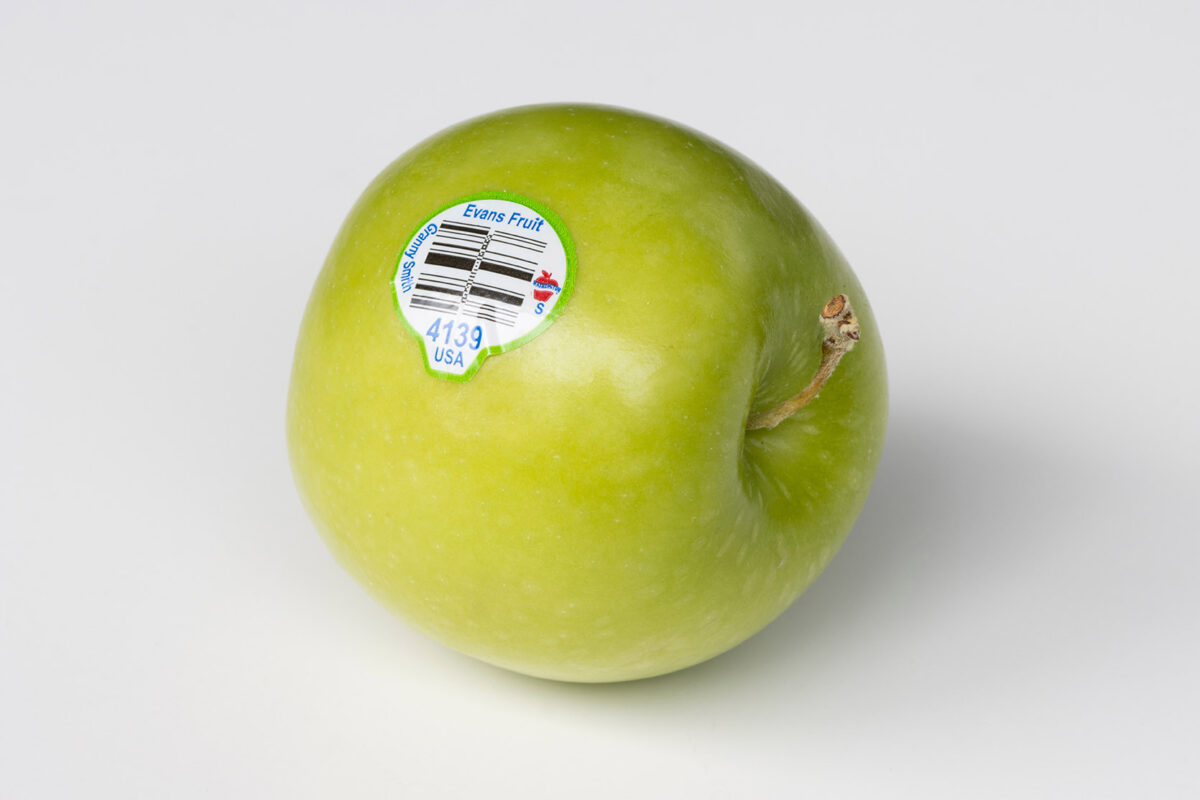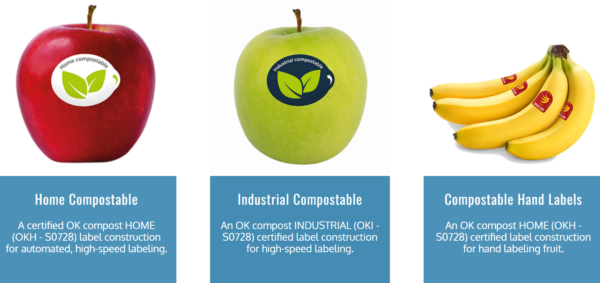Compostable Labels: France’s Answer to Fruit Plastic Stickers

In an ambitious move to combat plastic waste, France has introduced a ban on plastic stickers on fruits and vegetables
The move signals a significant shift towards more sustainable packaging solutions. Moreover, this pioneering legislation, aims to reduce the ecological footprint of the food industry and promote eco-friendly alternatives.
You can also read: Single-Use Plastics Ban in British Columbia.
Tiny Waste, Huge Problem
Despite their small size, plastic stickers, though small, contribute to non-biodegradable waste and complicate recycling processes. These tiny pieces of plastic often end up in landfills or, worse, in oceans, contributing to the global microplastic pollution crisis. France’s ban is a response to these environmental concerns, pushing for a reduction in single-use plastics in line with the European Union’s directives on plastic waste.
In the search for alternatives to plastic stickers, companies are turning to innovative solutions that align with the new regulations. One such alternative comes from Sinclair International, a company at the forefront of sustainable labeling technology. Sinclair offers certified compostable fruit labels, an eco-friendly solution designed to meet the demands of automated, high-speed applications while ensuring environmental compliance. These labels are not only capable of decomposing in a compost setting but also significantly reduce the carbon footprint associated with traditional plastic labels.
Compostable Labels
Consequently, the transition to compostable labels represents a significant step forward in sustainable packaging. These labels are designed to break down in a compost environment, leaving no harmful residues behind. This feature meets consumer demands for circular economy products, maximizing material use and minimizing waste.
France’s decision to ban plastic fruit stickers is part of a larger trend towards sustainability in packaging. Governments and businesses worldwide are recognizing the urgent need to reduce plastic waste and its devastating impact on the environment. By adopting biodegradable and compostable alternatives, the industry can significantly lower its environmental impact and contribute to a healthier planet.

Compostable Food Labels for Automated, High-Speed and Manual Labeling. Courtesy of Sinclair.
Sustainability and Legislation
This legislative move by France could serve as a model for other countries, demonstrating that proactive measures can effectively reduce plastic waste. It also highlights the importance of innovation in developing sustainable solutions that do not compromise on functionality or consumer convenience. As countries and companies adopt eco-friendly practices, we hope for a major cut in plastic pollution.
